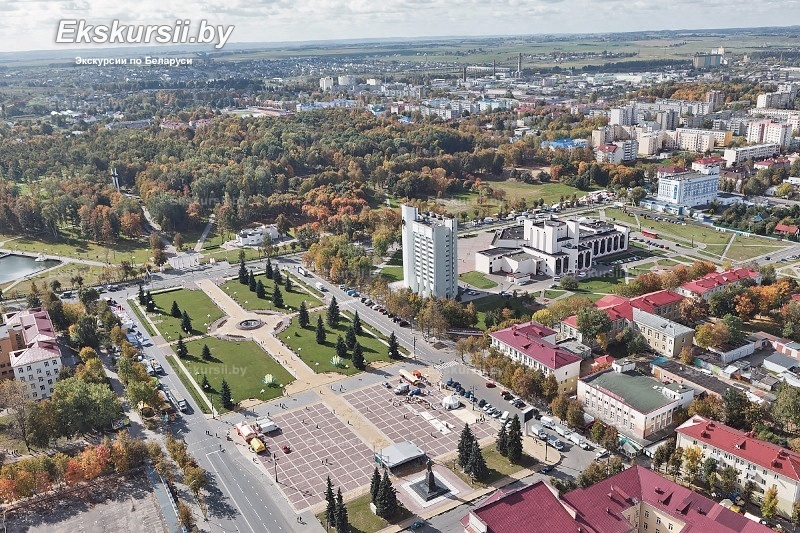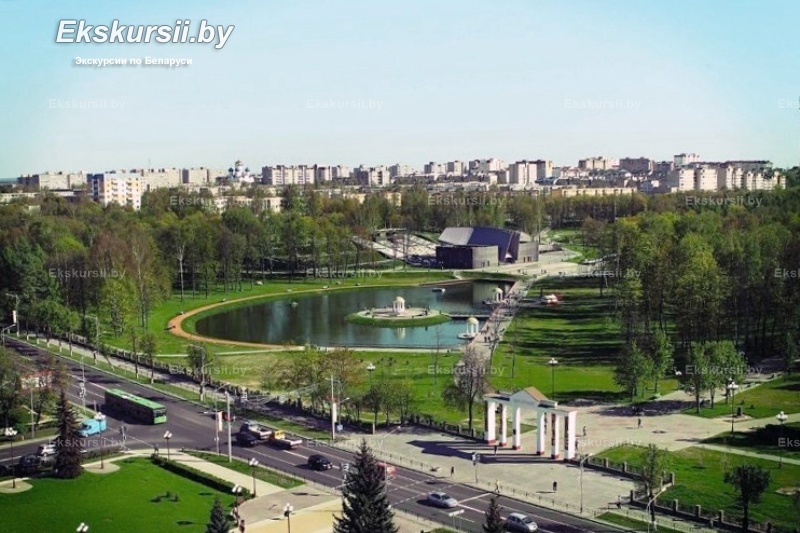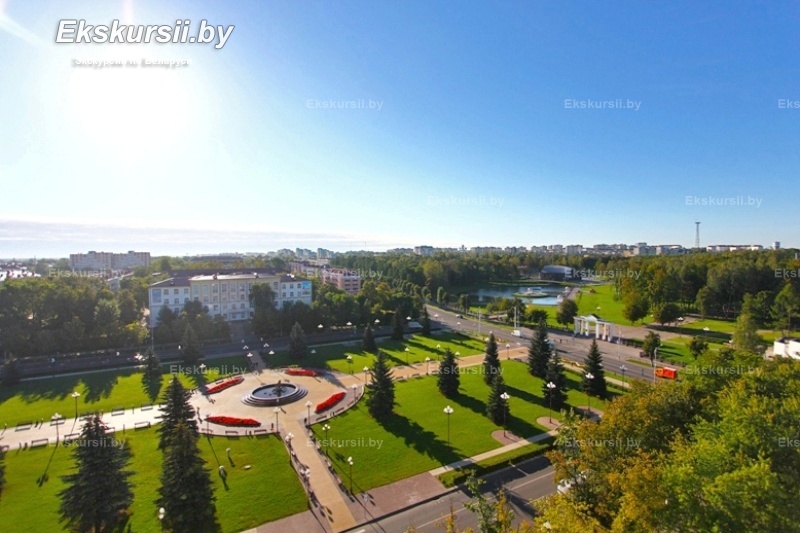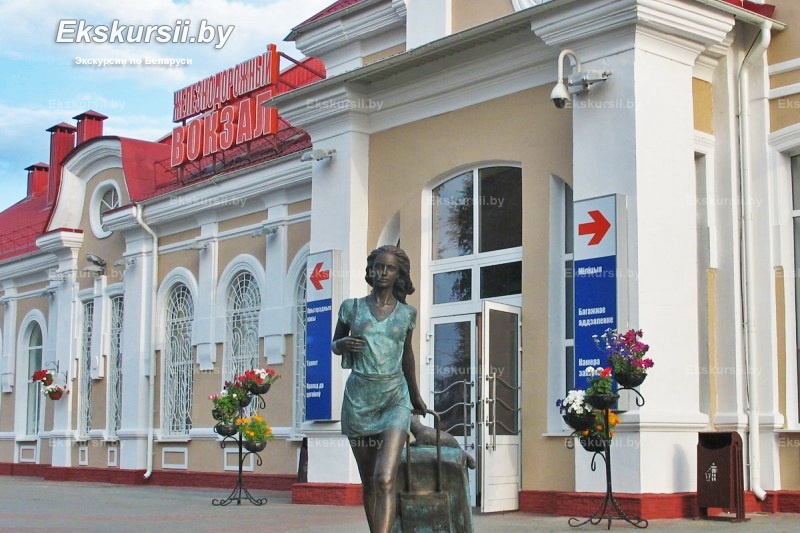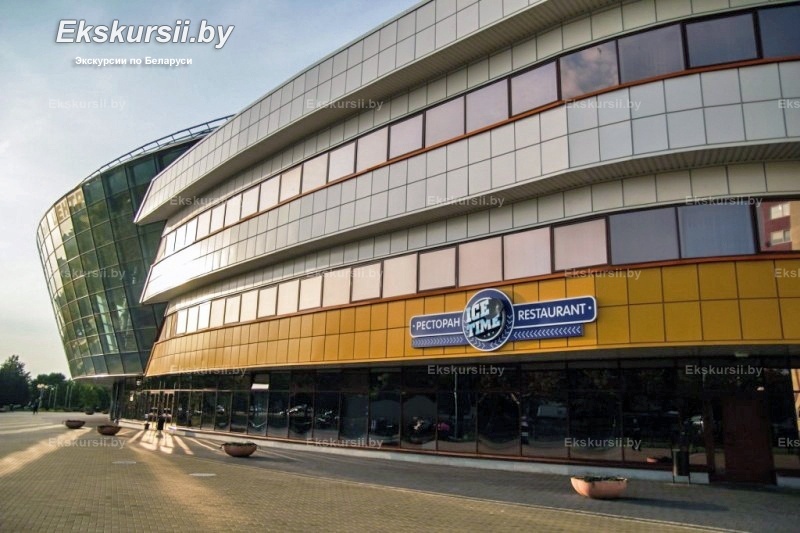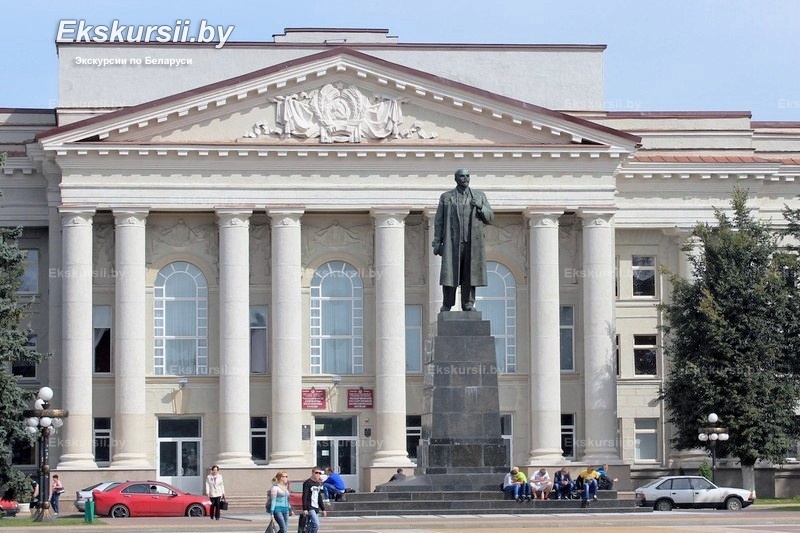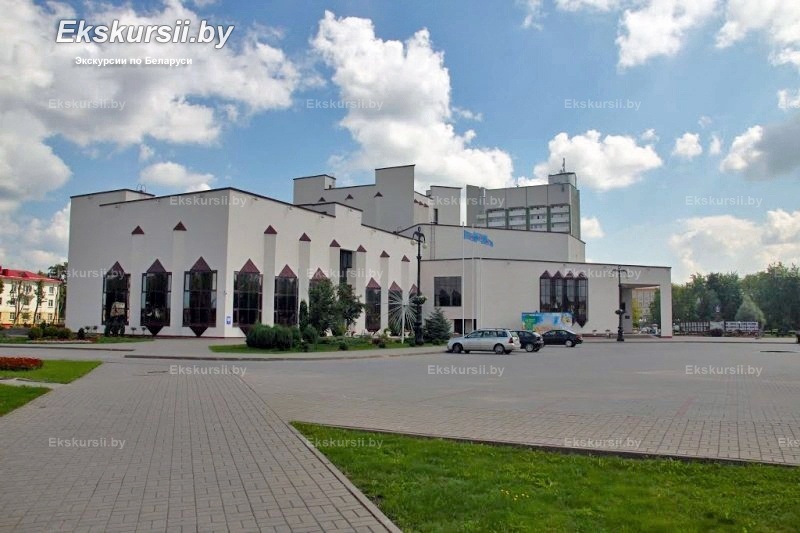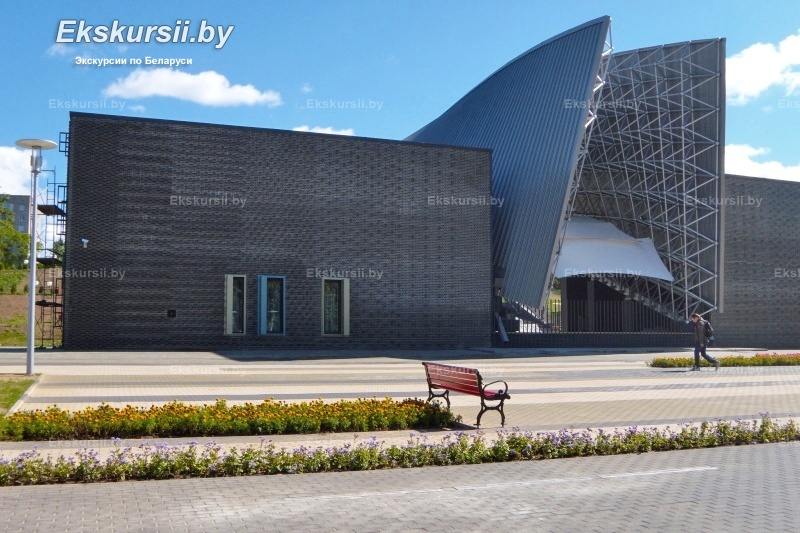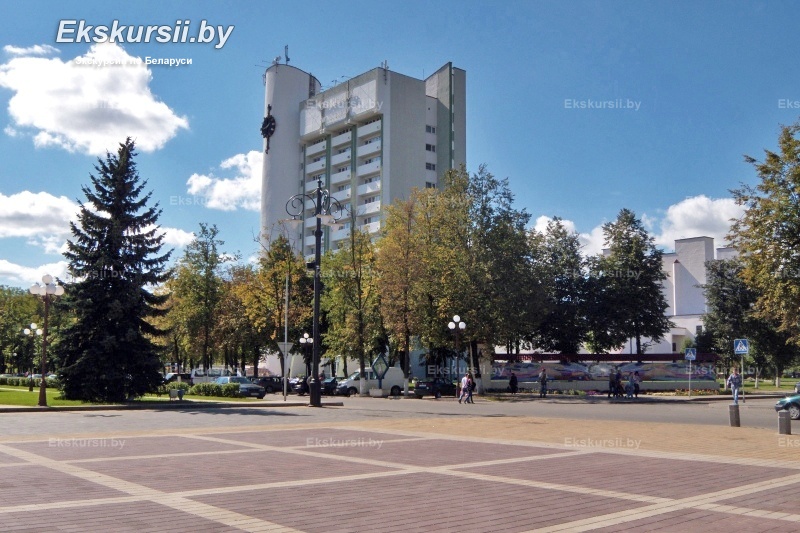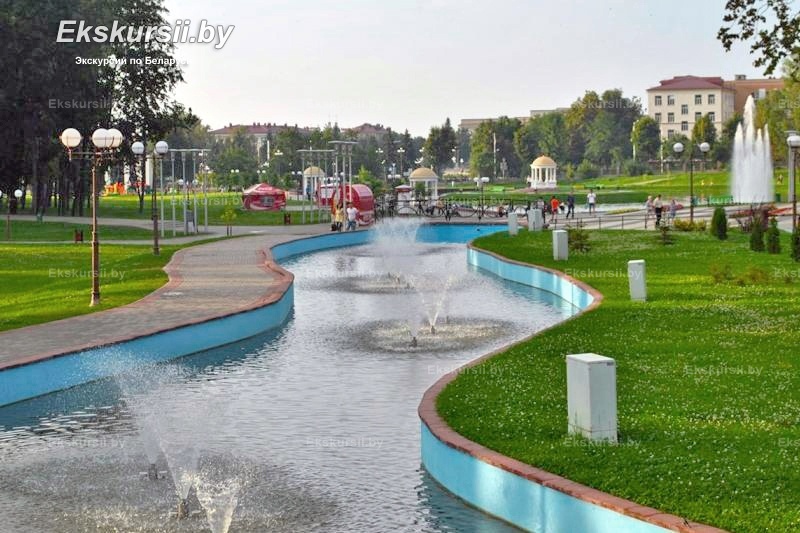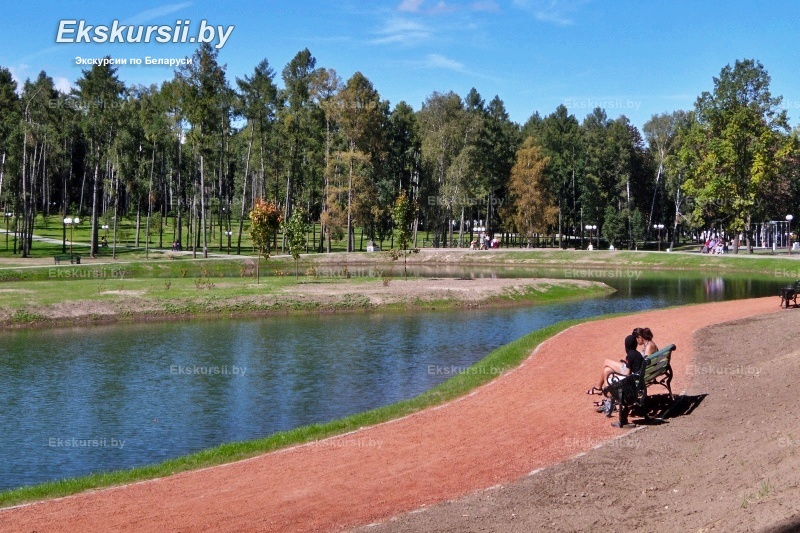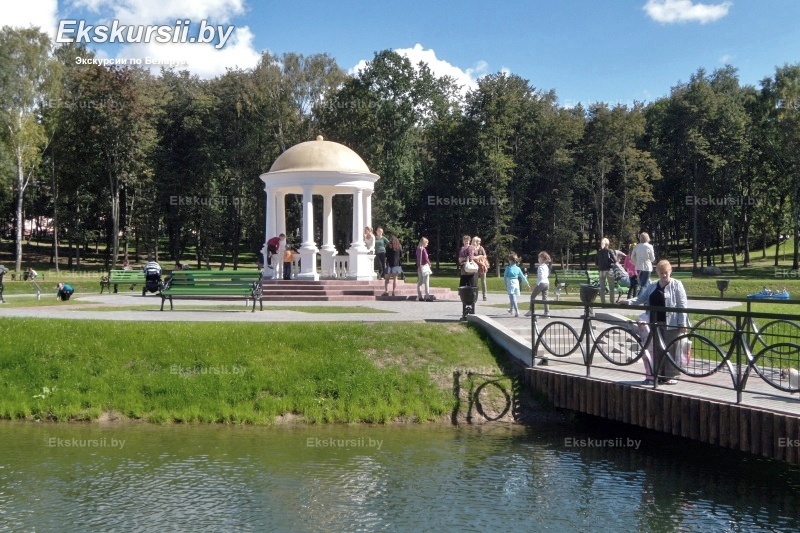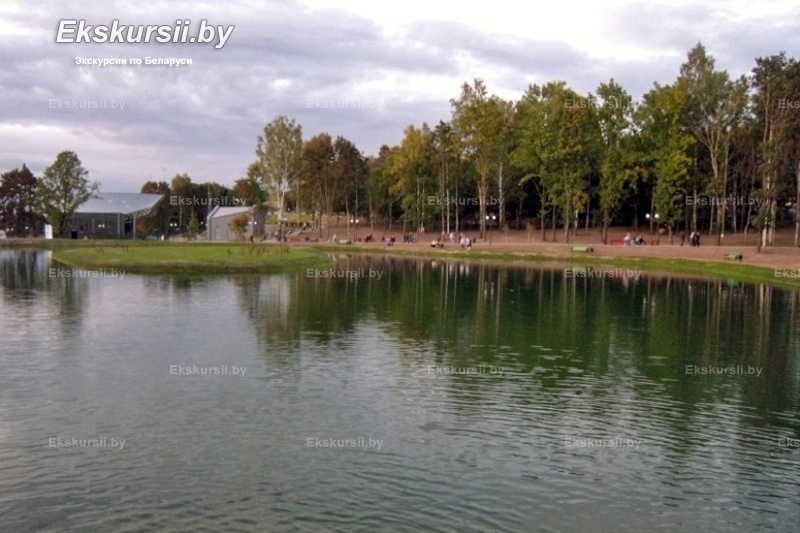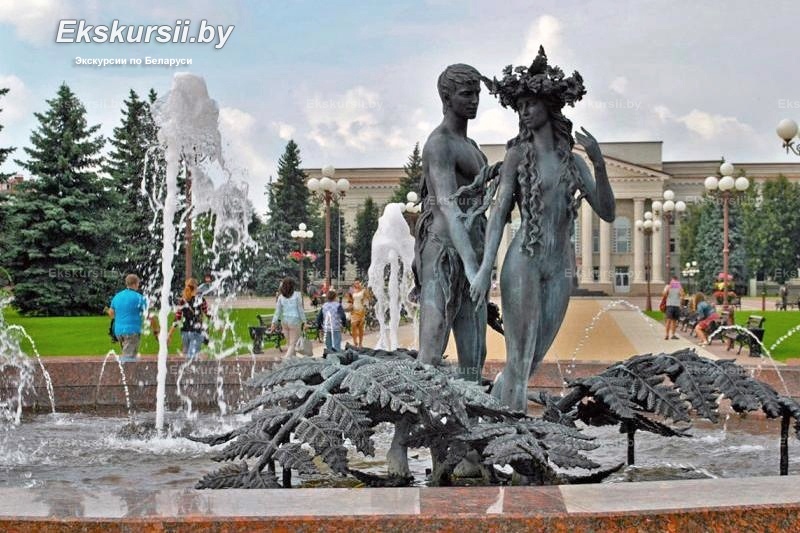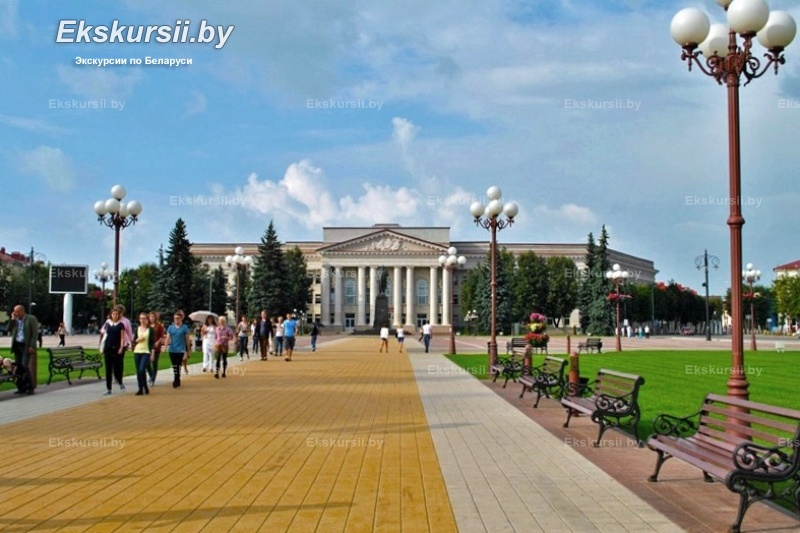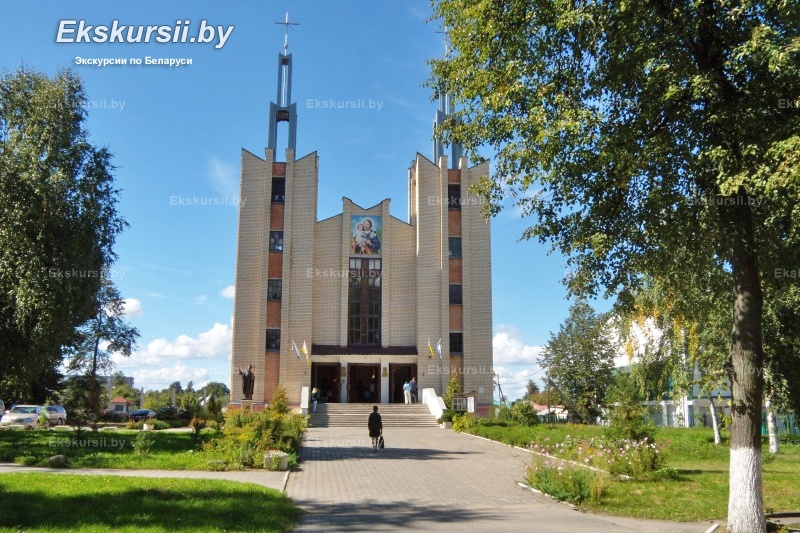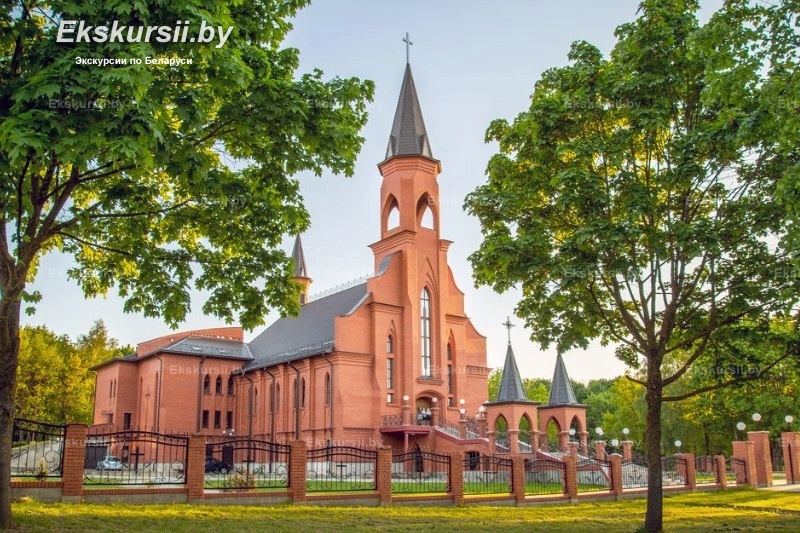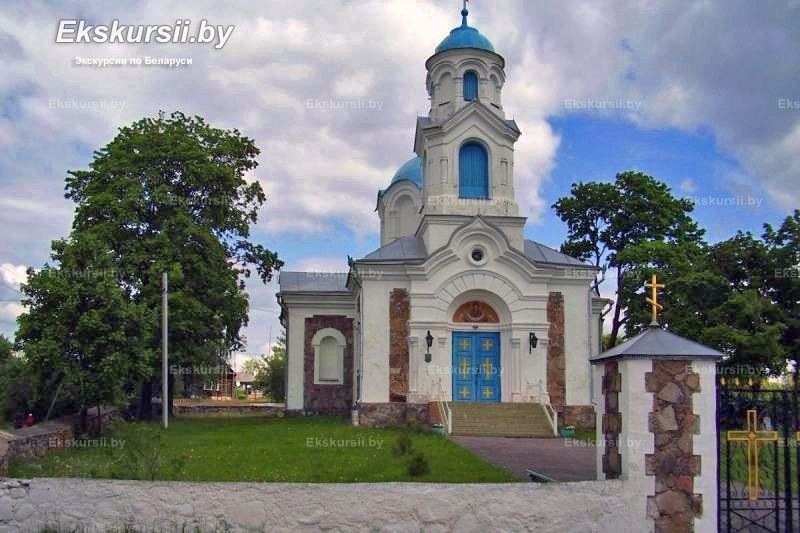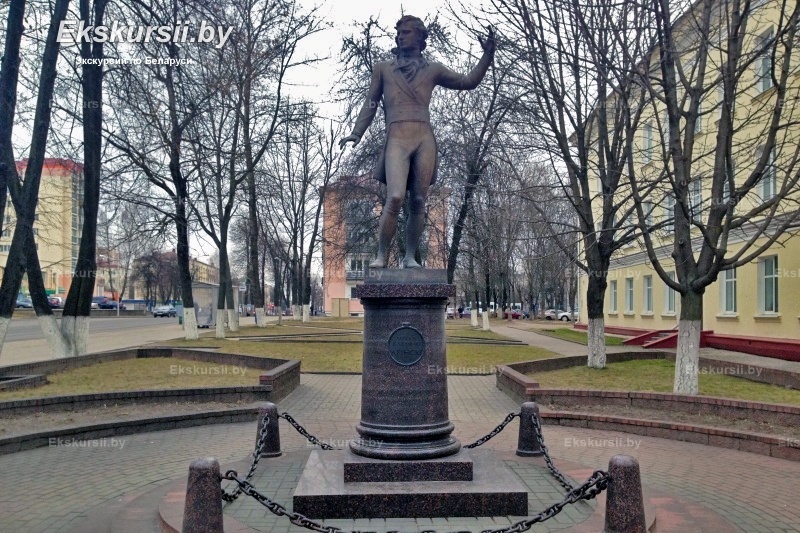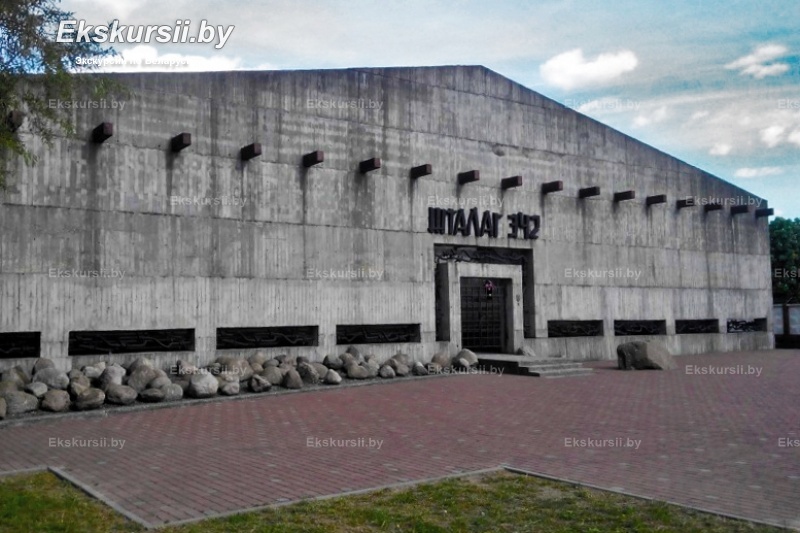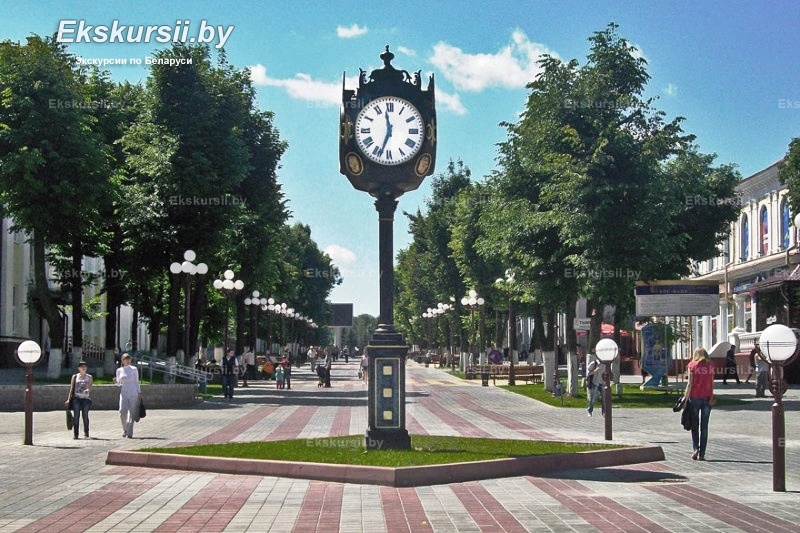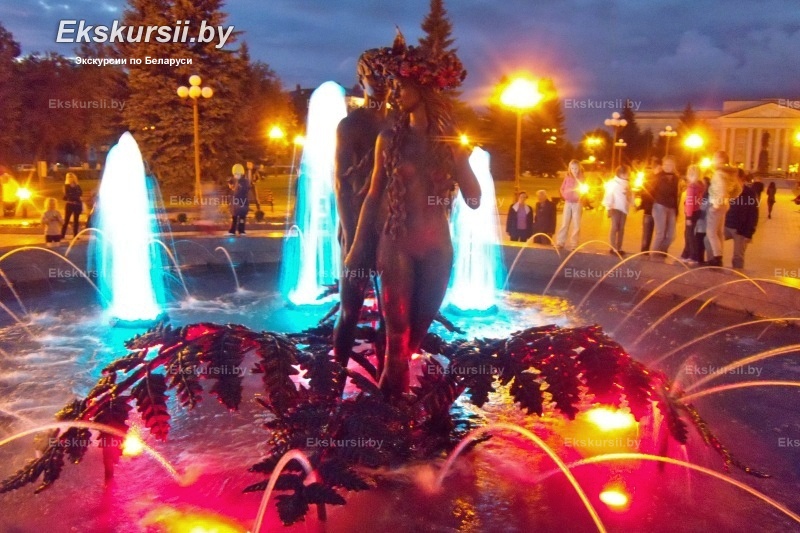History of the development
The first written mention of Molodechno is contained in the letter of Prince Dmitry Koribut to the great Lithuanian prince Jagailo, dated 1388. During its sixth century history, the city at different times belonged to the noble families of Zaslavsky, Mstislavsky, Sangushky, Oginsky. In the XV century wooden castle was built in the town, it repeatedly suffered from fires and was finally destroyed in the XIX century. In Molodechno in 1567 that preliminary negotiations were held between representatives of the Grand Duchy of Lithuania and the Kingdom of Poland on the conditions for concluding the Union of Ljubljana.
During the war of the Moscow principality with the Polish-Lithuanian Commonwealth (1654-1667) in 1655 the town was destroyed by Moscow troops. In the XVIII century the noble family of Oginsky became the hosts of Molodechno. Their name is associated with the construction of a magnificent palace with a rich collection of books and paintings. In 1814, Mikhail Kleofas Oginsky, the author of the well-known Polonaise Farewell to the Motherland, became the full owner of Molodechno Castle. Nowadays, the monument to M.K. Oginsky was installed next to the Molodechno State Music College, which bears the name of the composer.
As a result of the second division of the Polish-Lithuanian Commonwealth, Molodechno became part of the Russian Empire. During the Patriotic War of 1812, on December 4, near Molodechno, Russian troops defeated part of the French troops under the command of Marshal K. Victor. During the retreat, Napoleon stopped at Molodechno Castle, and the remnants of his once Great Army - in a place near the castle. After joining the Russian Empire, city residents took an active part in the uprisings of 1830-1831, 1863.
A new page in the history of the city began with the construction of the Libauvo-Romenskaya railway in the second half of the XIXth century and the Petersburg-Warsaw railway at the beginning of the XXth century, thanks to which Molodechno became an important railway junction. In 1918, the town was captured by German troops, and in the period from 1918 to 1939, Molodechno remained part of Poland. It was during the Polish period that Molodechno acquired the status of a city. In 1939, the city along with the rest of Western Belarus became part of the BSSR. In the period from June 26, 1941 to July 5, 1944, Molodechno was under German occupation, and concentration camp « Stalag-342» operated in the city.
After the war, the city began to actively recover and develop: there are whole new areas, a radio plant, a plant for semiconductor devices, powder metallurgy plants, pipe-rolling and machine-tool plants.
Tourism potential
For many travel to Molodechno begins with the city’s railway station, which was built in 1907, as soon as the Petersburg-Warsaw railway line passed through the city. The history of the city is closely connected with the railway, due to which the town at the turn of the XIX-XX centuries. was given impetus to development.
An important chapter in the history of the town was the opening in 1864 of teacher seminary , one of the first on the territory of modern Belarus and the Russian Empire, which was considered the center of Western Russian public education. The seminary was opened in the building of the former Trinitarian monastery, which was built in 1762 with the assistance of Tadeusz and Anna Oginskih.
On the historic square Old Place, the town buildings of the XIX-early XX centuries are preserved, one of the main sights of the city is located here - Church of the Holy Virgin, built in 1870. With the historic part of the city The evidence of the tragic events of the Great Patriotic War - memorial Complex « Stalag-342». During the war years, over 33 thousand people were killed on the territory of the fascist concentration camp.
In 2011, «Dozhinki» took place in Molodechno, thanks to which the city has changed significantly: the Victory Park was improved, on the territory of which the summer amphitheater was opened, ice palace with water park was opened, on the central square sculpture fountain «Paparats-kvetka» was set.
Molodechno is a venue for the festival of Belarusian songs and poetry «Maladziechna», contest of young pop song performers «Maladzichok», District Creative Competition «Zorki Maladzechna».
